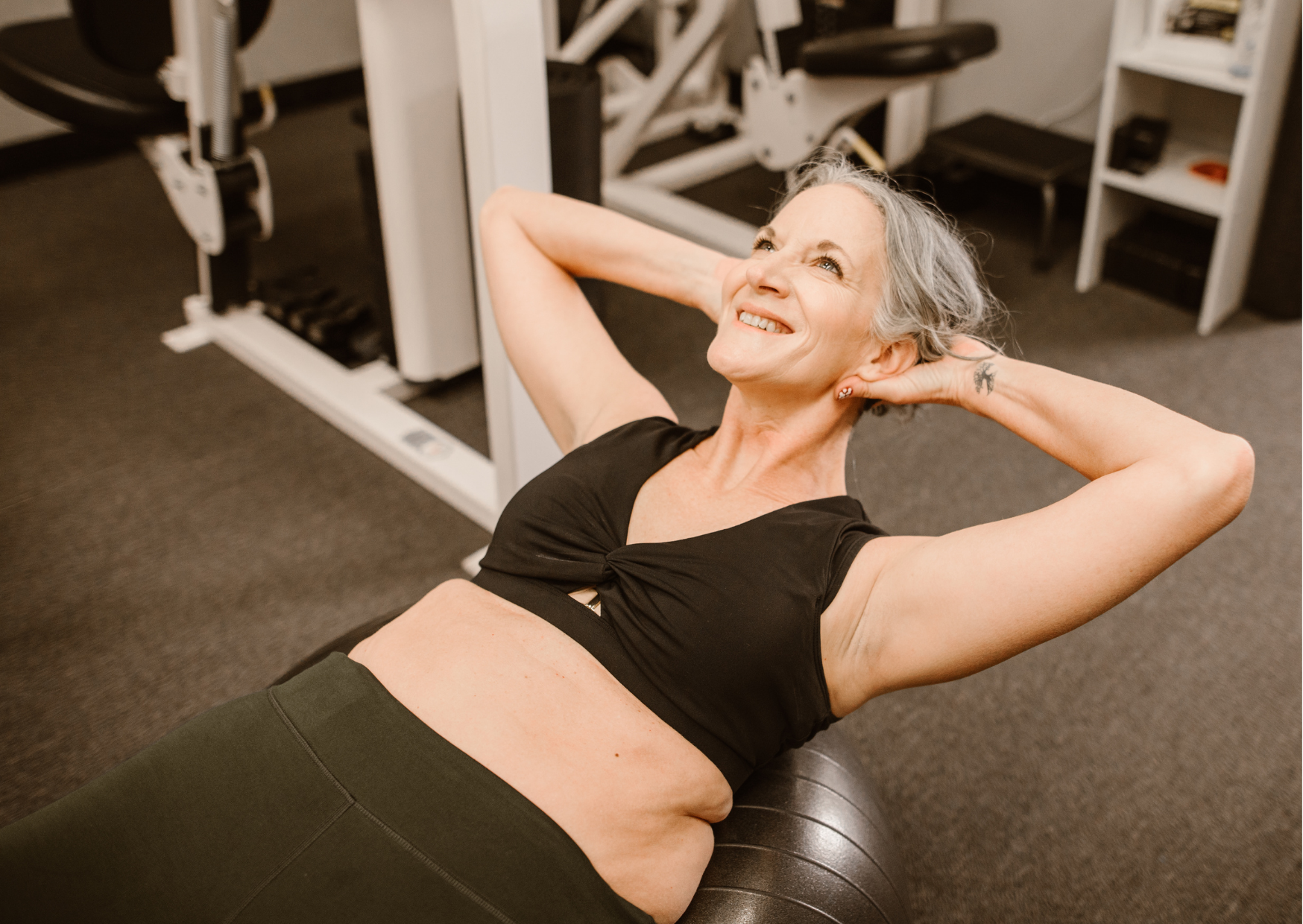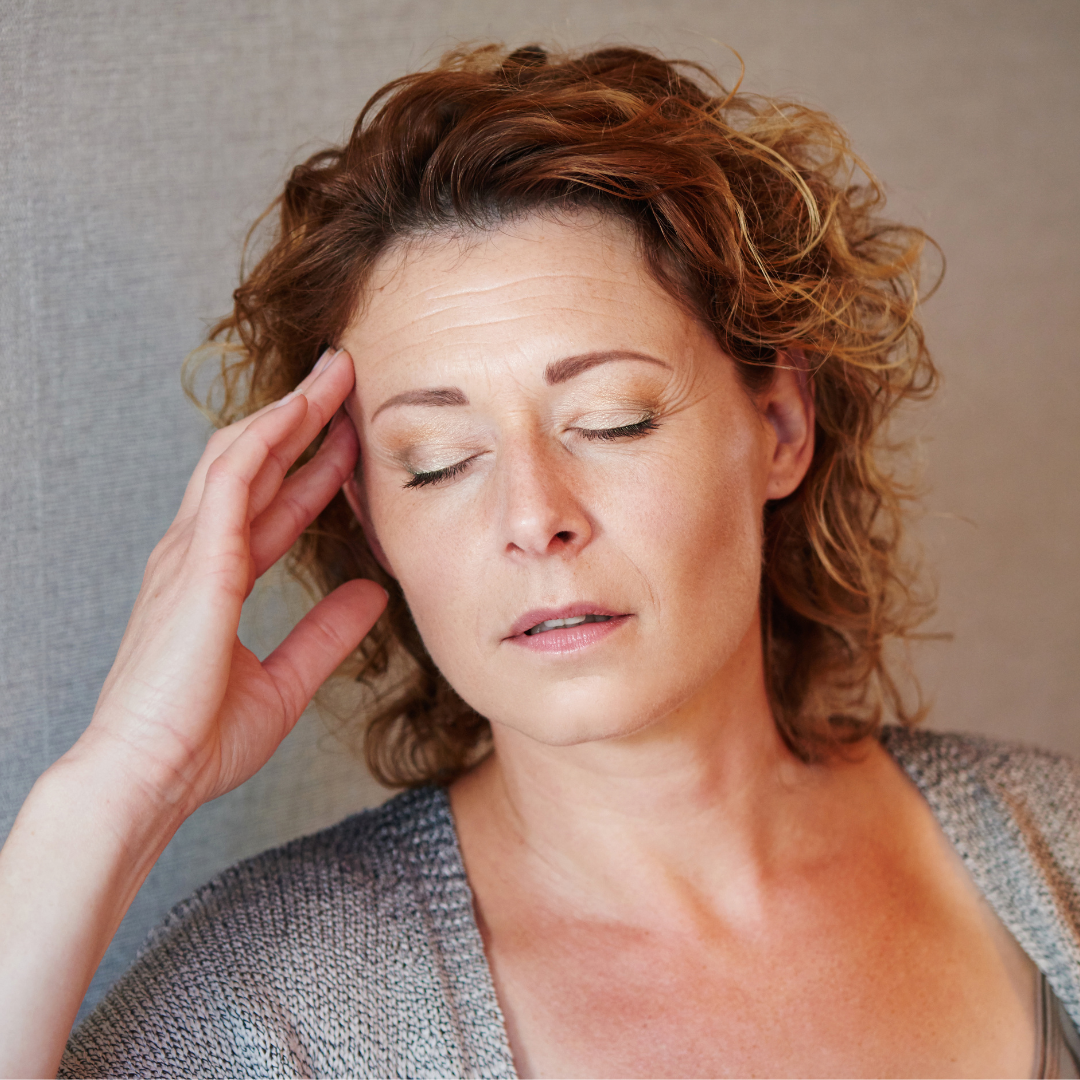
What can I do to help my menopause symptoms?
5 ways you can manage your own menopause:
Choices you make now are an investment in your future health; living a healthy lifestyle is as important as any treatment you might choose to help you manage your menopause
- Eat well
- Move more
- Don’t smoke
- Drink less booze
- Look after your mental and emotional health
Let's dive in to learn more about the power you have to help your own menopause symptoms...
Whatever options you choose to manage your menopause - your lifestyle choices are going to be the cornerstone of any treatment plan you choose. Hormone Replacement Therapy (HRT) and some Alternative Treatments can be helpful. But, if you still smoke, eat poorly, don’t keep active and drink too much alcohol you are never going to feel as good as you deserve to.
Menopause can be a moment to literally pause, take stock and make some changes to your lifestyle - maybe changes you’ve been meaning to make for a long time. Please don’t think we are suggesting you take Holy Orders - we don’t for one second advocate trying to be perfect - just trying to live a little better is fantastic.
So much living to do
It’s not that long ago that women’s life expectancy was less than 60 years of age. Nowadays you can expect to live well into your 80s, 90s and beyond. The choices you make now about your lifestyle can have a huge impact on the quality of the decades ahead of you. Some women will spend more years as a menopausal woman than they did in their reproductive years. That’s why we are so passionate about making sure you have all the information you need to help you make the right choices for you.
You deserve a healthy, happy menopausal life and you are at the centre of achieving that.
Let’s think about the basic elements of your lifestyle:
Eating well: Now, more than ever your body needs good nutrition. We like to call it Nurtrition. Your bones need calcium, vitamin D and other minerals to maintain their strength. Your heart needs good, healthy fats, antioxidants, and low levels of salt to stay in good shape. In fact, every part of your body needs you to eat well now. It will help you feel better on so many levels. Eating regularly and choosing good food is central to helping you manage that menopause weight gain if you’re struggling there too.
Move it: Exercising your body helps you to keep your weight in check, but women tell us all the time that their daily exercise has become a central part of their emotional and mental health. You don’t have to jump into the gym or high intensity exercise if that’s not you - just walking more, trying Pilates, yoga or anything that involves using your muscles is great. Try to include a mixture of aerobic activity (walking/cycling), strength exercise and some restorative exercise like yoga. The main thing is to try things you enjoy.
If you smoke - stop: There’s nothing positive we can say about smoking. It’s going to make symptoms like hot flushes worse, it’ll make you more prone to osteoporosis and will increase even further your risk of developing heart disease.
Keep a lid on alcohol: Drinking too much can make a lot of menopausal symptoms worse. Alcohol can make flushes worse, impact your sleep and increase your low mood, anxiety, and depression. A lot of women tell us they get into a rut of drinking more to try and help relieve their symptoms - in our experience it never works and always makes things worse in the long run. We certainly don’t advocate everyone has to become tee-total, but we do really encourage you to drink no more than 2 units of alcohol per day and ideally have 2-3 alcohol free days each week.
Get checked out: There are several women’s health screening opportunities open to you. Breast screening, smear tests, general blood test screening for cholesterol, diabetes etc are all sensible checks to have right now. It’s a chance for a midlife MOT - we really encourage you to get familiar with your health - any checks you can access - have them. The more you know the more you can make informed choices about any lifestyle changes to keep you well.
Don’t stress - now isn’t that an easy thing to say? Mood changes, anxiety, depression, and panic attacks are all very common menopause symptoms. Life for a woman in menopause is busy and stressful already. A lot of women we speak to have young children, busy careers, relationships, or relationship problems to manage. Some women are supporting elderly parents too. Then, as if from nowhere menopause is added to the mix. The days of women being able to get off the “real life merry-go-round” because of hot flushes are gone. Along with all the hard stuff about modern life, there are also some wonderful opportunities and loads of fun for women to have. Some of these things just weren’t available for our mothers or grandmothers. The thing is, you need to be on your A-game to get the most out of 21st Century living and for that you need mental and emotional fitness as well as physical fitness. This is a time to start taking care of you.
You’ll notice that at Harley Street at Home we give equal importance to medical treatments and lifestyle management of the menopause. We hope you’ll have an open-mind and try new things.
Join us in exploring all areas of your life to make this the really positive time you deserve - learn more about our plans here.
Find more blogs like this:
www.harleystathome.com | Instagram @harleystreetathomemenopause
Facebook: Search Harley Street at Home: Diagnosis, Symptoms & Treatments or Harley St at Home: Lifestyle, Self-Care and Lifestyle to join our private community



